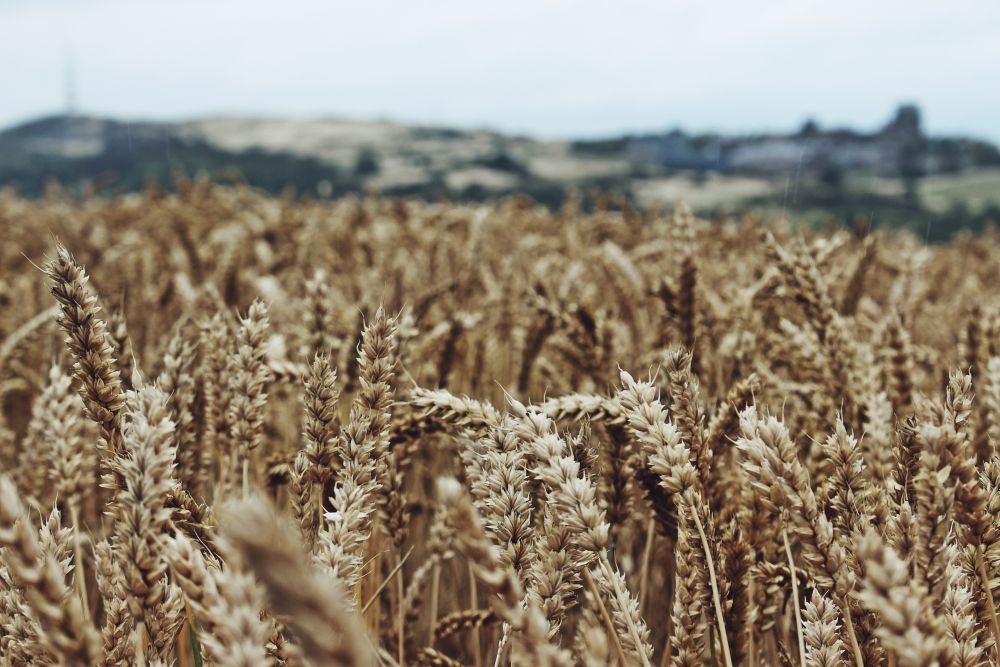Can green gas help us meet energy targets?
The need to make the transition to a low-carbon economy means using all the renewable technologies in our toolbox. While wind and solar power often gain the most attention, and investment, it’s important to recognise the potential contribution from all sources, including bioenergy.

The need to make the transition to a low-carbon economy means using all the renewable technologies in our toolbox. While wind and solar power often gain the most attention, and investment, it’s important to recognise the potential contribution from all sources, including bioenergy.
For example, anaerobic digestion (AD) plants across the UK already have enough capacity to power over a million homes, according to the technology’s UK trade body. In addition, government statistics show that in the UK last year, all bioenergy technologies produced 31 terawatt hours of electricity, a 9.4% share of generation. In comparison, wind power provided 14.6% and solar 3.4%.
In particular, Scotland has set itself a new target of providing at least 50% of all its energy consumption through renewable sources by 2030. The devolved government’s new Energy Strategy sees a strong role for bioenergy in replacing the traditional role that coal and gas has played for many years, and Edinburgh has committed itself to developing a new action plan to further developing the technology.
The policy document, however, states the need for bioenergy schemes to “represent good value for money, deliver benefits for communities, and help tackle fuel poverty”.
Ahead of a national conference on the issue, Charlotte Morton, Chief Executive of the Anaerobic Digestion & Bioresources Association, commented: “The Scottish Government has set itself ambitious but necessary targets for generating renewable energy in its new Energy Strategy, and renewable heat and electricity produced through AD can make an important contribution to these goals, as well as reducing emissions from landfill, creating rural jobs, and helping to restore degraded soils.
There are now over 50 operational AD plants spread across Scotland, recycling a range of wastes. With more than half of these plants commissioned within the last four years, farmers, businesses and government are increasingly seeing first-hand the multiple benefits that green gas delivers”.
